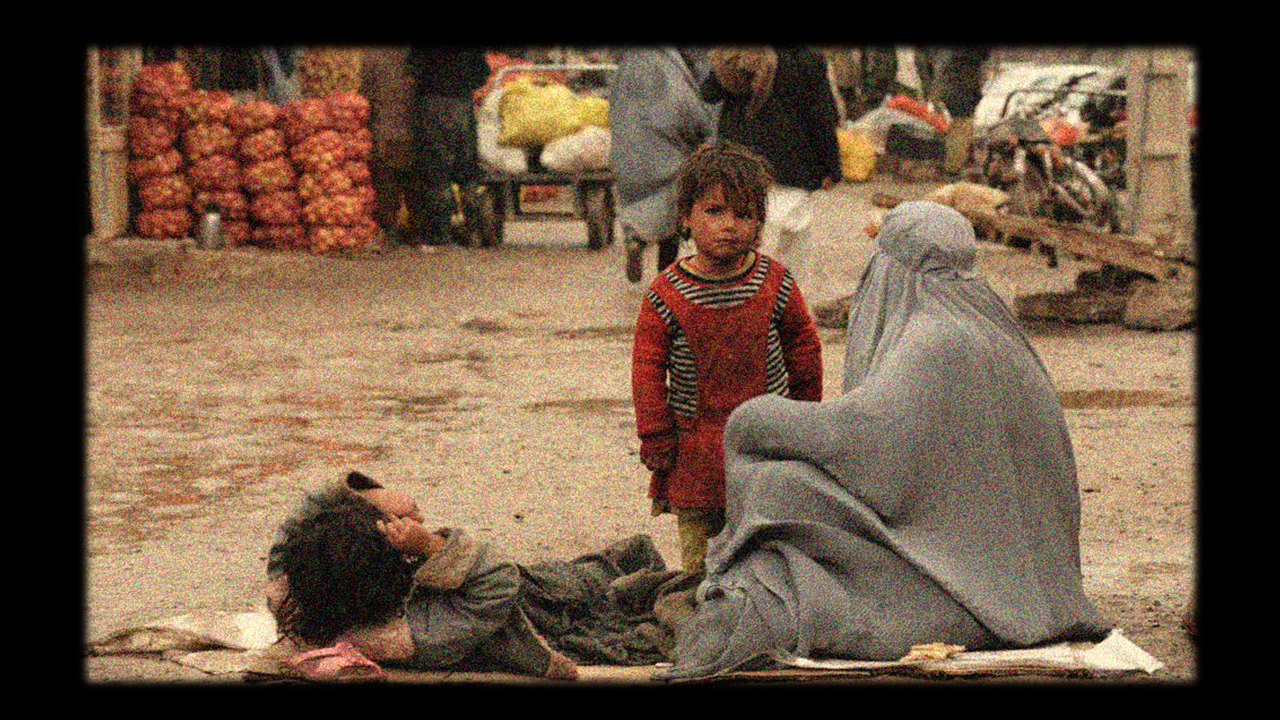M. Abu-Bakar
Since the Taliban take over in August 2021, country is inevitably suffering from worst humanitarian crisis, collapsed healthcare system, security challenges, spiking malnutrition and above all food insecurity. Nearly 97% of the population may fall below the poverty line and million die, UN report estimated. Almost all Afghans are faced with these dangerous hardships. Before the Taliban takeover Afghanistan was already Asia’s poorest country on a per capita basis.
The situation has worsened mainly because of country’s overall economy and banking system that has fully been incapacitated by the US and other governments to lop off ‘Da Afghanistan Bank’ from the international banking system. They have frozen about $7 billion Afghan assets leaving economy on the verge of collapse and soaring inflation. To make the situation better international community’s role is awaited by Afghan people and the government for provision of financial aid and assistance, it was did as to Ashraf Ghani’s government. This seems only the hope to have a developed country while rest might be exception.
The Taliban have fought for 20 years, remained victorious because of religious and social weight along with military might and resistance aimed to implement a Shariah law (functionally making an Islamic state). There should not be any ambiguity in it because this is what they have fought for decades. They now have got an opportunity to heal and develop a war-torn country. Being it is reflected, particularly by media, that the Taliban are having strict policies especially towards women. Covering themselves from head to toe, disallowed to appear in the streets without a blood relative or without wearing a burqa, restriction on education, no right to work. True it may be but this is not an inside out at all.
Commitments and course of action
The official claims are quite distinctive and so do the reality. It must not be ambivalent that the Taliban today are significantly different from the then Taliban of 20th century because country’s situation is far more vulnerable and will prove decisive. World has a lot of demands and simultaneously hopes that the Taliban will keep their commitments, primarily women’s rights which have also been overemphasized by the west. The Taliban’s stance, however, is that burqa is part of their culture which is uncooperative. There is no denying that there are strict policies. TV channels were banned and women were not allowed to work in their previous government. By contrast, media outlets this time continue to operate where women are allowed to work as journalists but with non-negotiable hijab. There have been protests by the women for their rights in several parts of the country but remained unacknowledged.
There are more than 12 provinces where girls are attending schools from grade 7-12 while below this are already opened nationwide. Taliban in Zabul insist in every girl’s right to education and schools are allowed to reopen. Lack of security is an impediment due to instability of newly established government and Taliban are very much concerned about women’s security. Risk has further increased since a car bomb exploded at Syed al shuhada high school that left at least 90 girls martyred in Kabul on 08 May 2021. Economy, although, has also nosedived that has created problem in education sector.
State policy, Abdul Qahar Balkhi, spokesperson of the Foreign Affairs’ ministry of Afghanistan expressed to Al-Jazeera, is that committed and guaranteed they are and must give every right to female members of society that have been afforded to women in Islam that includes, right to work, education, health care. The essential steps world wants are without denial being taken, girls are going to school, but secondary students are yet to go.
The Taliban are under pressure both internally and externally and left with no options but giving the women their rights and there must not be any unwillingness to get the assets unfrozen and gain official recognition from countries worldwide. As a result, it will improve business climate and enhance foreign investment that will decide country’s fate. But all this is not going to happen at once as, ‘Rome was not built in a day’. The Taliban should revise their policies, particularly regarding women’s rights and show a bit of leniency.
The leadership envisions Afghanistan a country that serves as an economic corridor between east and west, a country with prosperity, open and diverse society. Afghanistan is a land bridge between south Asia and central Asia and has grabbed attention of mainly China as it has launched BRI mega project. Admittedly, the Taliban seek engagement and negotiations with all states to tackle common challenges.
The best solution remains a political process to define a roadmap for the country’s future that would include all segments of Afghan society. But success requires reestablishing the credibility and authority of the international community — which equally suffers from a trust deficit. The international community needs a two dimensional, interlinked approach to normalize the economy and stabilize the political scene. While economic support could boost business action, it is the political solutions that will ensure stability.
The writer is a student in NUML and can be reached at [email protected].



